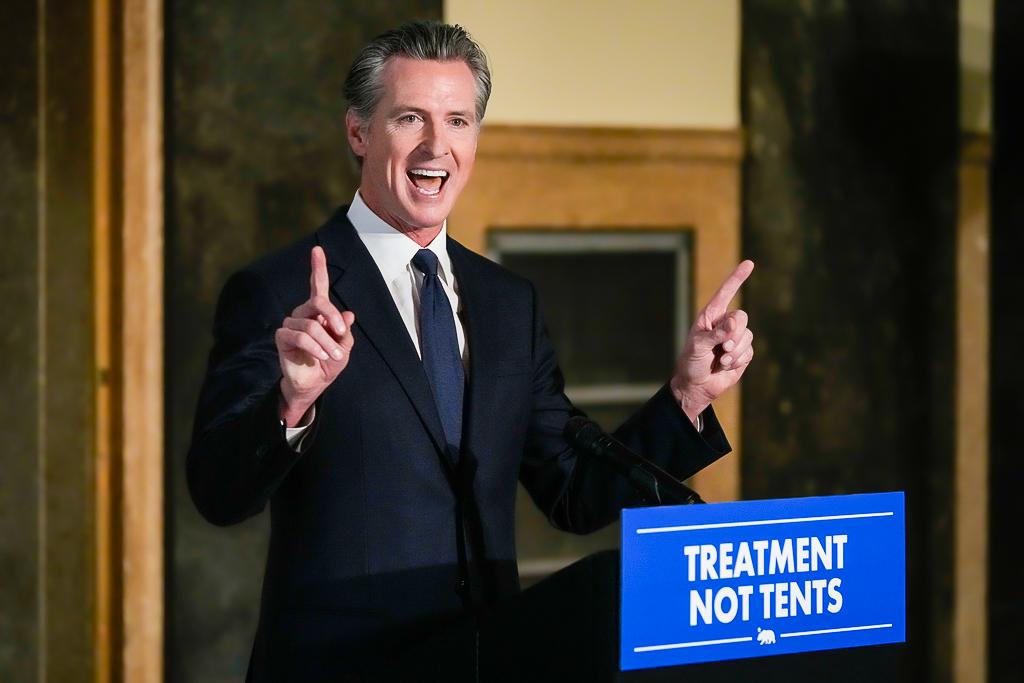In March, three Orange County cities held discussions on leaving the League of California Cities after its board voted to support a statewide measure that they say will proliferate sober living homes in their neighborhoods.
“This is unforgivable. ... We can no longer be part of an organization that’s supposed to be advocating for us and did the exact opposite, in such a high-profile way,” Huntington Beach Councilman Casey McKeon said during a March 19 City Council meeting.





